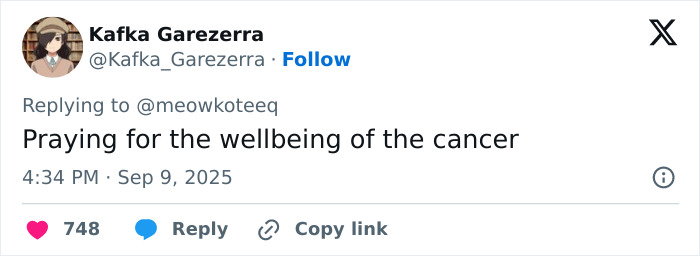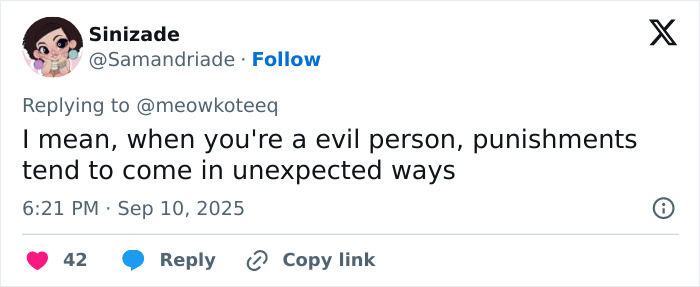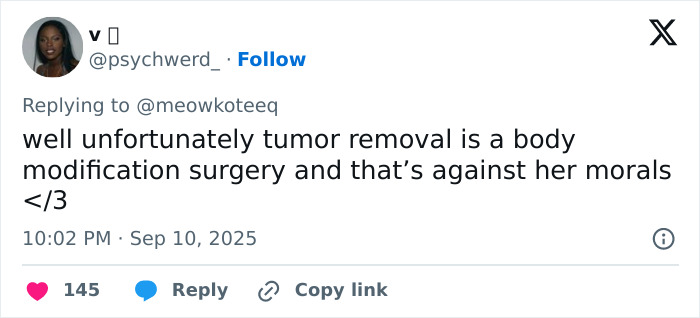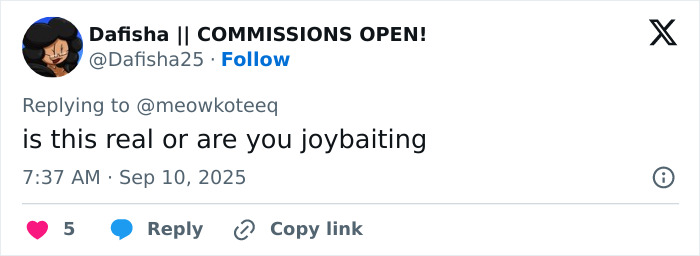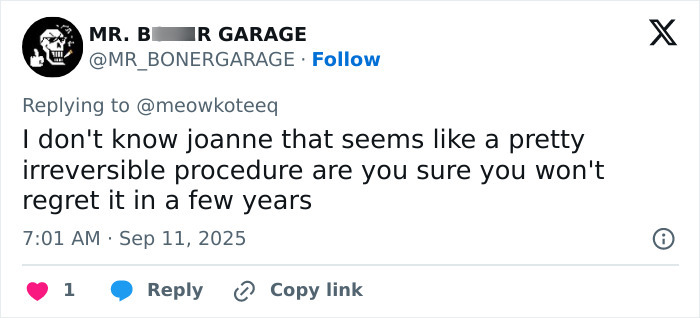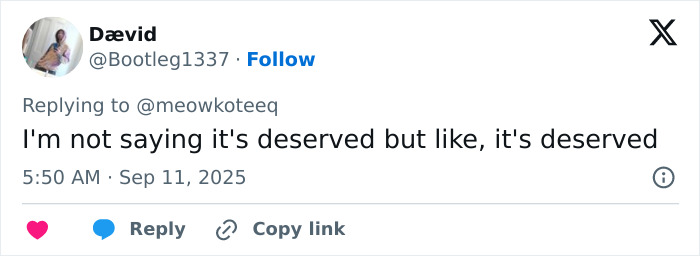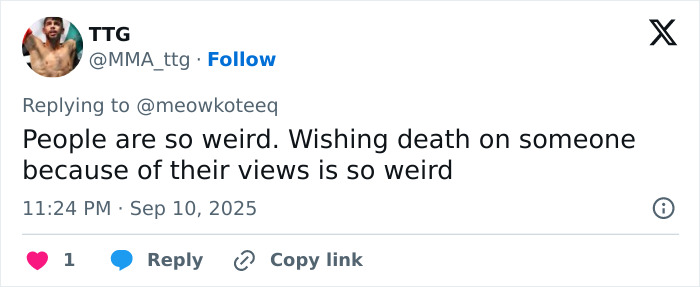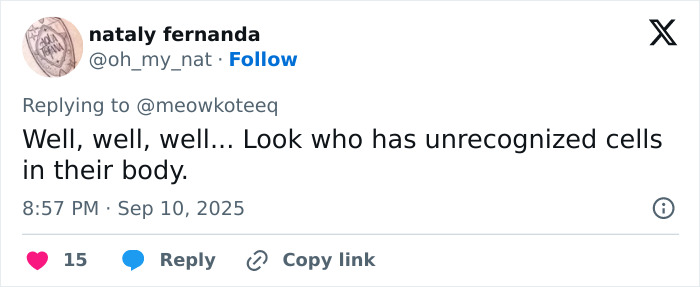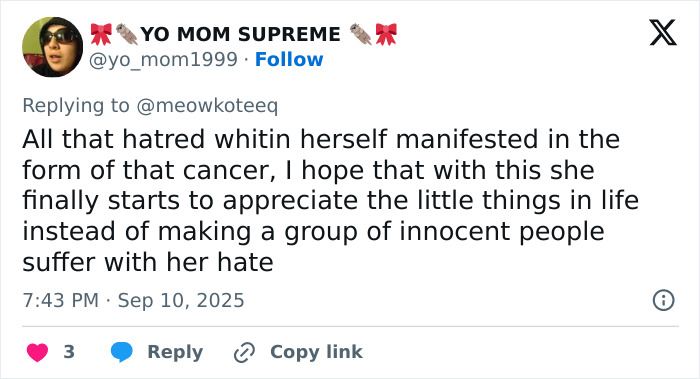The age-old debate over civility in online discourse has taken a disturbing turn following a viral claim that JK Rowling was battling cancer.
The rumor began with a tweet on September 9 from a user going by Anna, who identifies as a trans lesbian. The post read:
“JK Rowling was found to have cancer. Doctors believe that with a successful surgery, the malignant tumor can be removed, and the cancer will be saved.”
The phrasing of the tweet made its intent clear: A sarcastic wish for the author’s demise. Within hours, it had amassed more than 3.5 million views, with countless users reacting with glee at the possibility of Rowling’s passing.
But it turned out to be nothing more than false information.
JK Rowling’s detractors celebrated as news of her battling cancer spread online. The claim was swiftly debunked
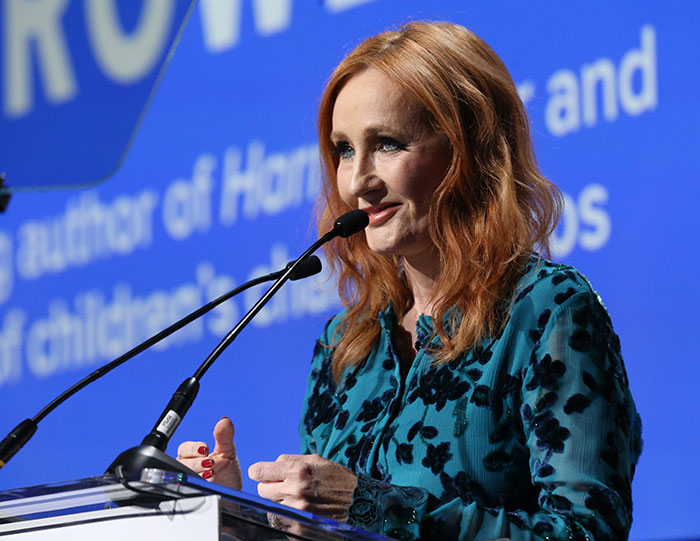

Rowling’s representatives wasted no time in shutting the rumor down.
Speaking exclusively with Bored Panda, the Harry Potter author’s team explained that the tweet was a fabrication.
“This report is not true or accurate. JK Rowling has not been diagnosed with cancer. We won’t be commenting further,” a spokesperson said.
But it was too late. Online, social media threads erupted with commentary celebrating the supposed diagnosis.
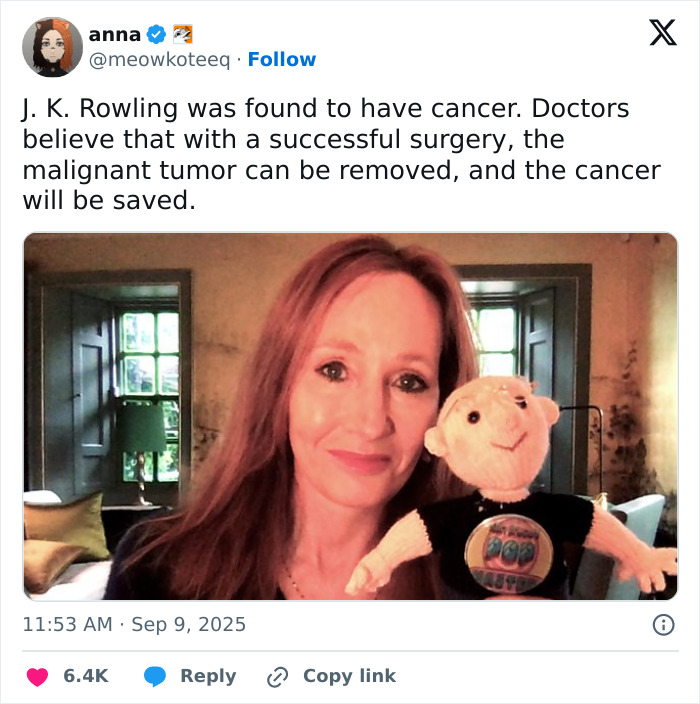
The author’s views as a Trans-Exclusionary Radical Feminism (TERF), has caused her to butt heads with that particular community and its adherents, becoming one of their most vocal critics.
“If gender isn’t real, the lived reality of women globally is erased,” the author wrote in 2020.
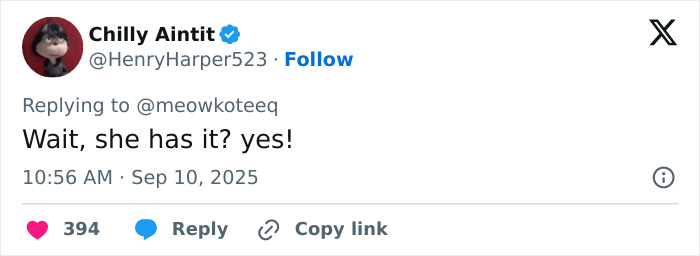
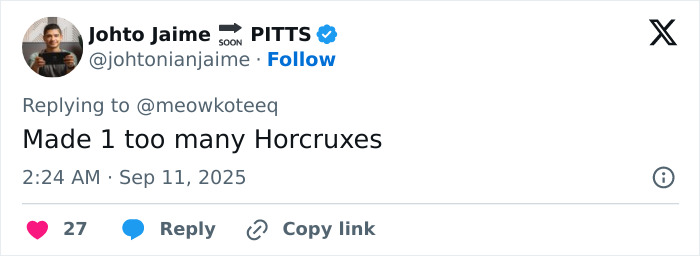
The intensity of the backlash coincided with a particularly sobering week, characterized by a wave of stunning political violence.
The assassination of conservative commentator Charlie Kirk during a university event has something in common with Rowling’s false news: certain segments of the internet have justified, and even endorsed the outcome.
To better understand this phenomenon, Bored Panda spoke with Monica Casper, Professor of Sociology at Seattle University.
Experts warn of multiple factors that have pushed the political climate in the US to its absolute limit
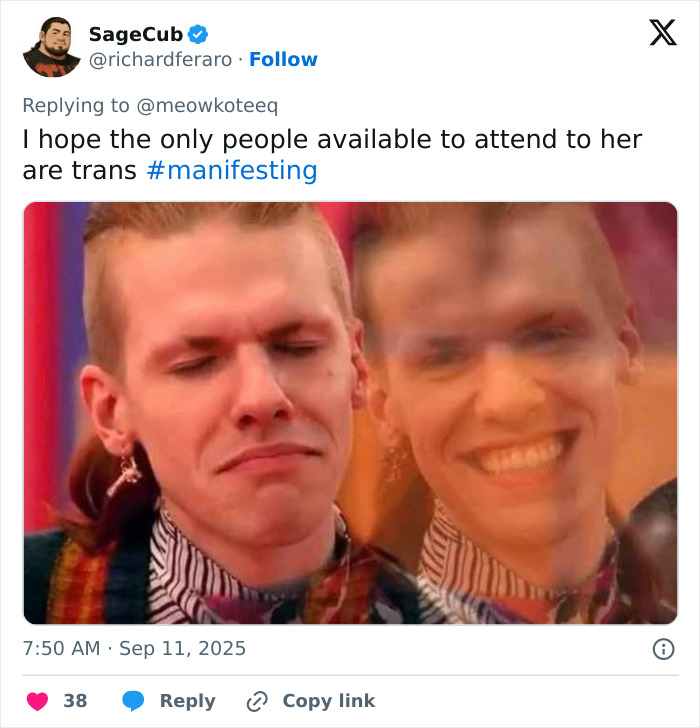
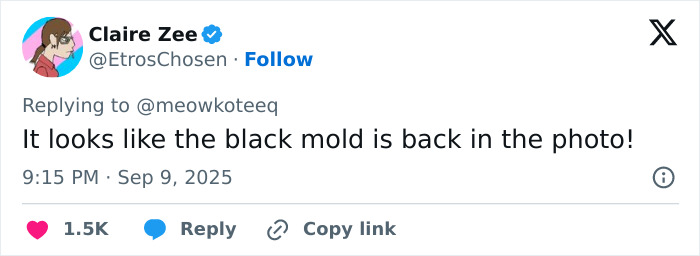
For Casper, the diagnosis is clear: “Extremism is well out of the shadows, and on full display.”
“The United States is currently deeply divided. Hatred of others is the daily currency of social media,” she said.
Casper argued that economic inequality, social fragmentation, and repeated exposure to violence have created fertile ground for such behavior.
“When people have less, it is easy to hate more,” she added.

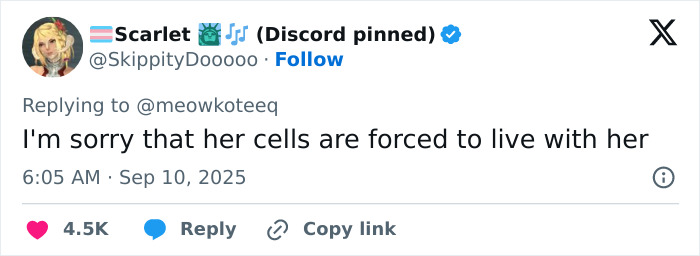
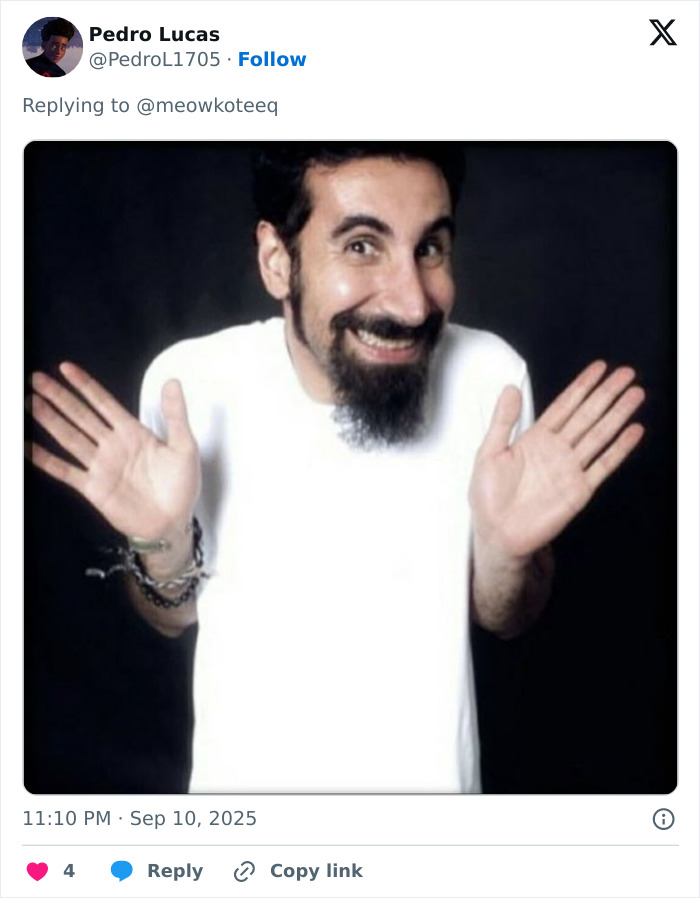
For the professor, the outrage over Rowling’s supposed cancer represents a broader pattern of “social scapegoating.”
In moments of economic, cultural, or political stress, public figures become lightning rods for collective frustration. They are visible, vocal, and often polarizing, making them convenient targets for a society seeking to assign blame for their own shortcomings in life.
According to Casper, the internet has played a key role in facilitating the dehumanization of others

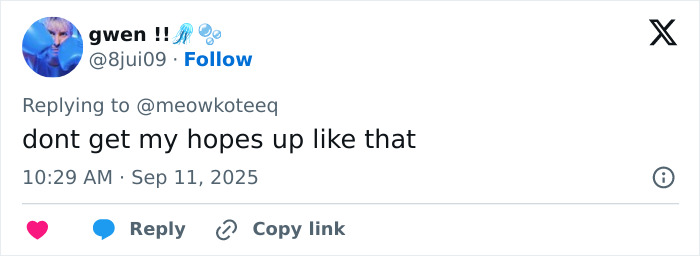
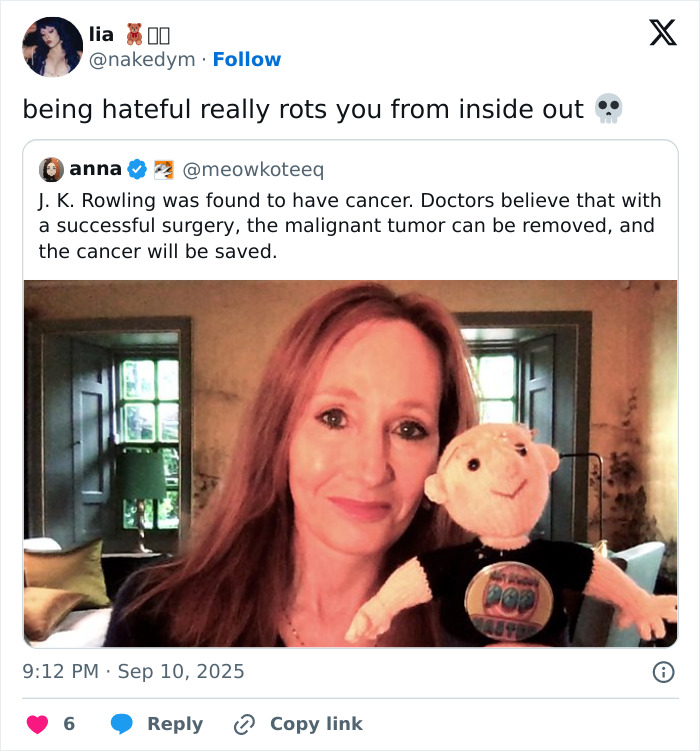
The mechanics of the internet only amplify this phenomenon. As Casper explained, social media platforms allow users to vent grievances instantly and anonymously, creating an ecosystem where outrage isn’t just expressed, but rewarded.
Online, people are pushed by algorithms into echo chambers, where their opinions, no matter how extreme, are reaffirmed and rarely challenged. This contributes to polarization as it pushes people into an us versus them mentality.
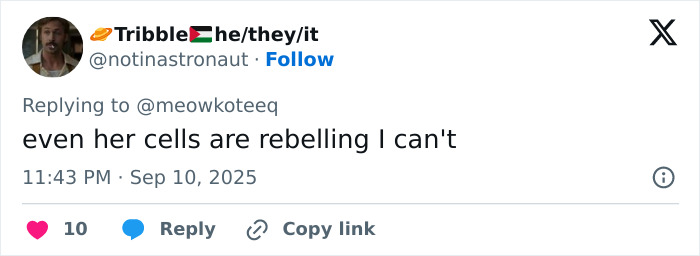


“The internet is an amplifier,” Casper explained. “It takes our existing prejudices and blows them up. Mere sexism becomes full-blown misogyny. It’s all too easy to sit behind a screen and scream at others with no repercussions.”
The professor revealed that even she herself was a victim of the online mob at one point, being targeted by those who disagreed with her opinions. She received hundreds of threatening emails as a result.
Experts suggest that the issue is deeply rooted in the US political system, which promotes an “us versus them” mentality
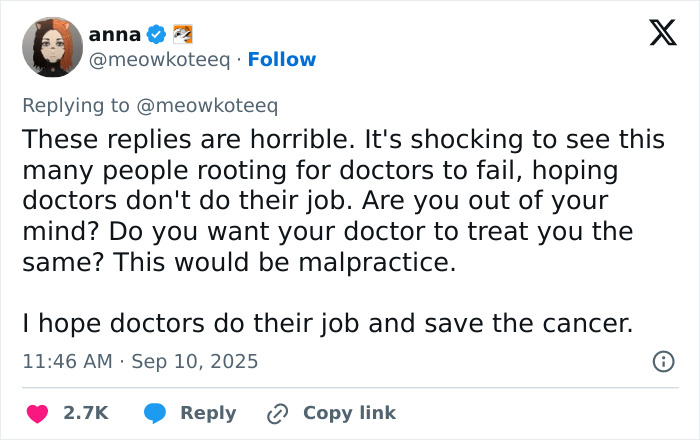
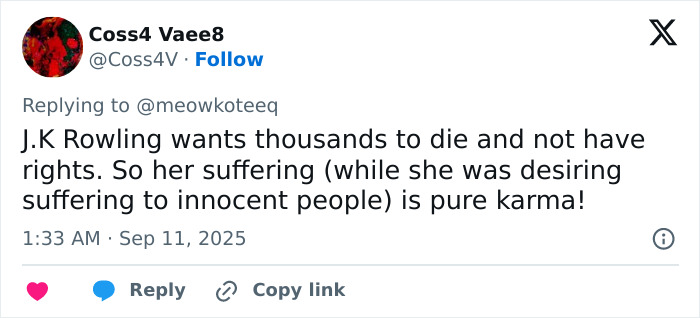
For the professor, it’s all about who is perceived as “the enemy,” and by whom. This is especially true for those in the public eye, such as influencers or celebrities.
From a sociopolitical perspective, Casper suggested that the underlying issue lies in the structure of US politics itself.
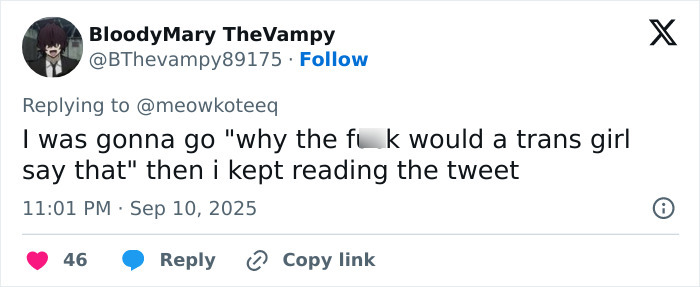
The country operates under a winner-take-all electoral system. This means that large groups of voters can feel entirely shut out of the democratic process.
Research shared with us by Casper shows that these dynamics exacerbate a phenomenon called “affective polarization.”
What this means is that citizens are more likely to mistrust and, more importantly, dehumanize their political opponents.
The rumor came just as Rowling was paying tribute to a veteran Harry Potter designer

“Working with Stuart Craig was one of the privileges of my life,” the author wrote. “He was a true visionary and conjured the wizarding world for the screen as nobody else could have done.”
Craig passed away at 83, and was responsible for designing the film sets for several productions, including The Elephant Man, Dangerous Liaisons, and The English Patient, among others.
He was instrumental in designing the look of the Harry Potter movies, including the iconic outfits the characters wore.
But the Rowling rumor overshadowed her condolences. The subsequent reaction by a segment of the internet was seen as a clear example of “affective polarization.”

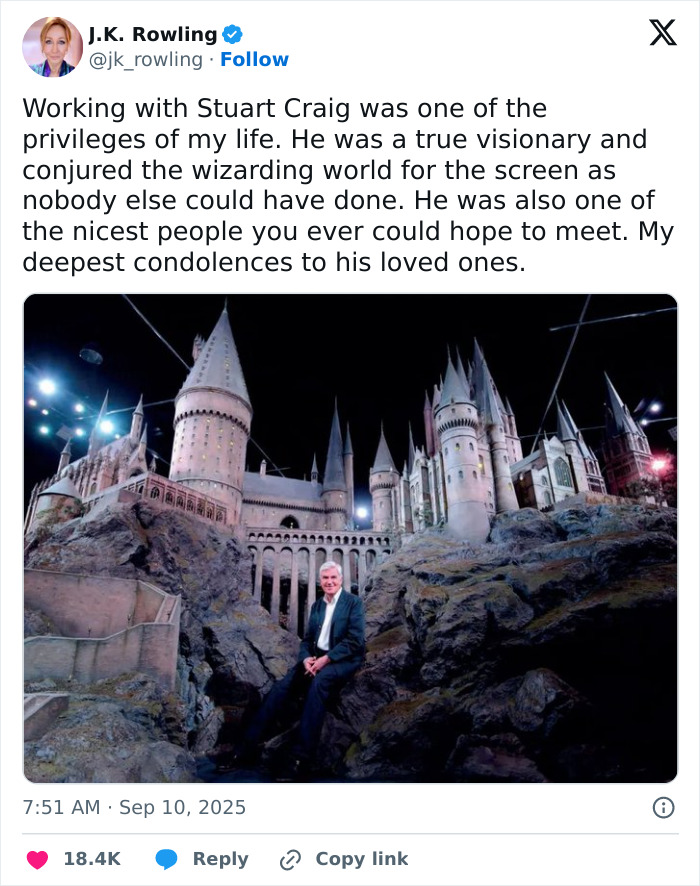
Wishing for someone’s end may seem extreme, but for sociologists such as Monica Casper, it’s a symptom of a deeper societal issue.
According to Casper, social media, algorithms, economic pressures, and the political environment together create the conditions where online cruelty, desensitization, and tribal mentality thrive.
“Political discourse has always been moral warfare,” she said, warning that the issue requires cultural, and structural solutions.
“Digital cruelty is harmful. Full stop. Children and adults have taken their own lives because of cyberbullying. Democracy requires civility and difference, not civility despite our differences,” she said.
“Weird.” Comments celebrating the supposed diagnosis dominated the thread
